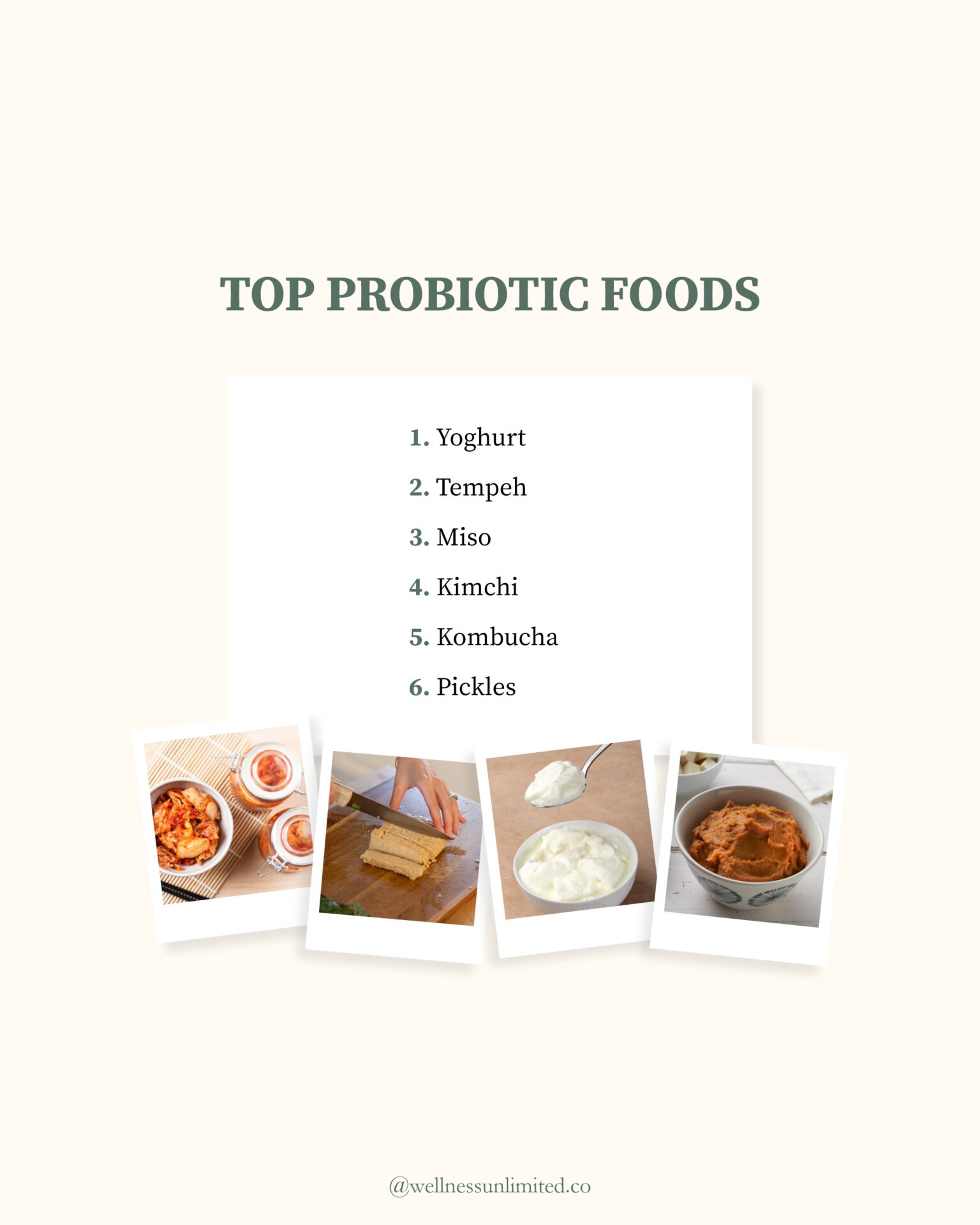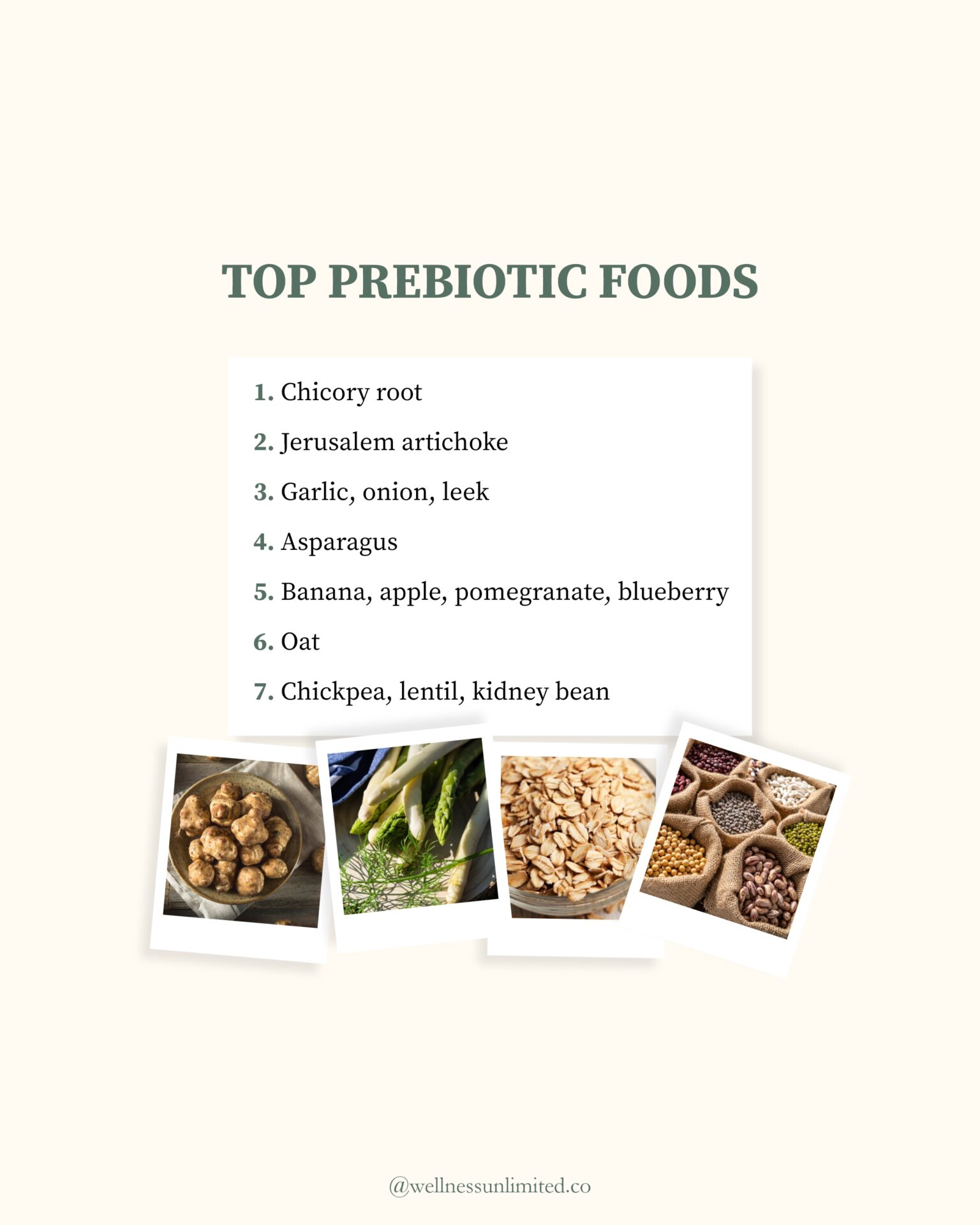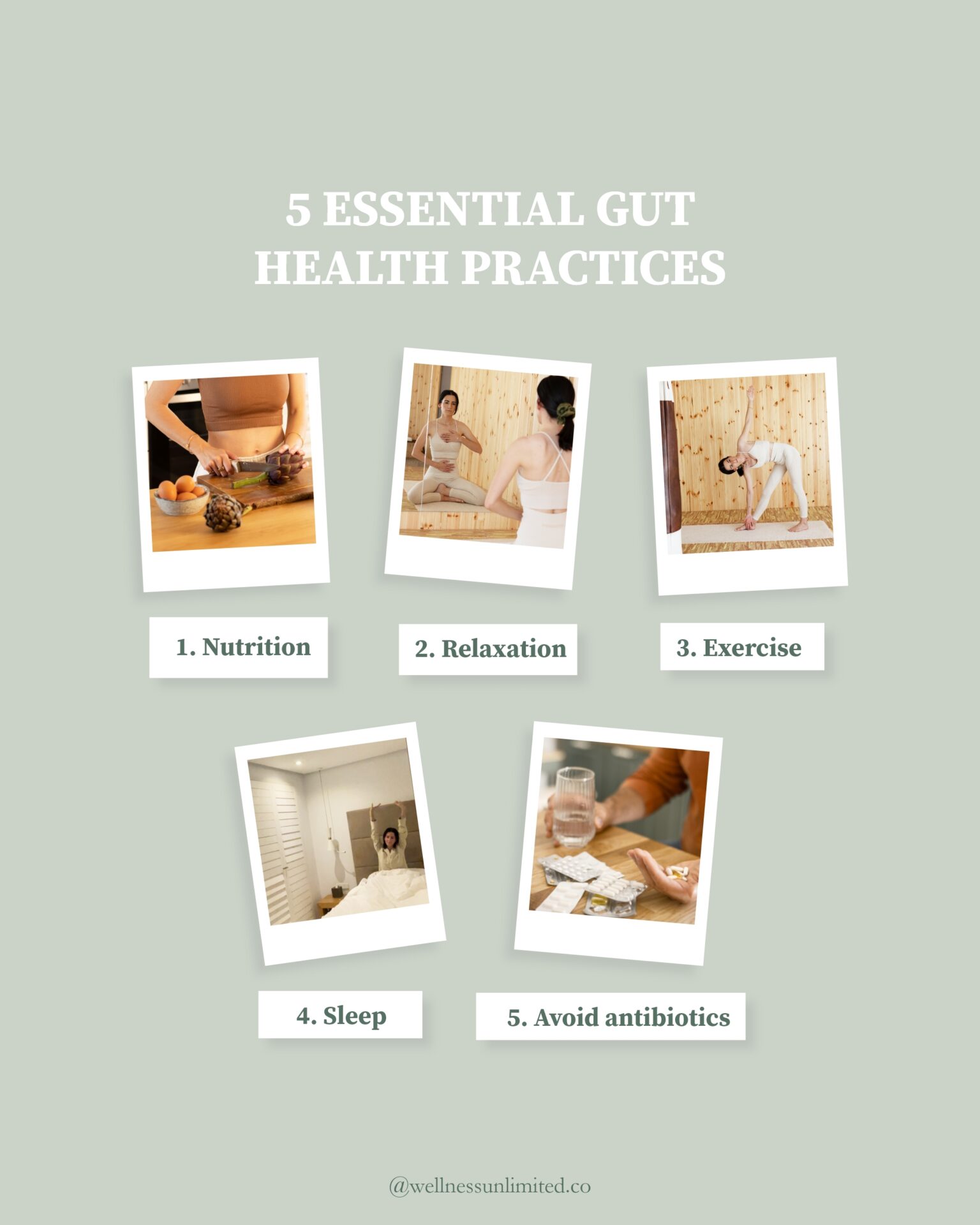
Are you experiencing digestive issues that seem to have no explanation? Have you been feeling fatigued, bloated, or experiencing unexplained skin issues? In this comprehensive guide, we will unlock the secrets to optimal gut health and provide you with the tools and knowledge to transform your digestive system.
From understanding the importance of gut health to exploring the science behind it, we will delve into the fascinating world of our microbiome and how it affects our overall well-being. Discover the key factors that contribute to a healthy gut, such as diet, lifestyle, and stress management, and learn practical tips to improve your gut health starting today. Whether you’re a health enthusiast or simply seeking relief from digestive issues, this guide will empower you to make informed choices and take control of your gut health. So, get ready to embark on a journey towards a happier, healthier gut – because a happy gut means a happier you!
“All diseases start in the gut.” Hippocrates
You may have heard a lot about gut health, but this wisdom shared by Hippocrates centuries ago reminds us of the timeless truth behind the importance of our gut.
What do we mean when we refer to “gut health”? The term “gut” refers to the gastrointestinal tract or digestive system, which includes organs such as the stomach, intestines, and colon. It is responsible for the digestion, absorption, and elimination of food and waste in the body.
The gut microbiome, a complex ecosystem of trillions of beneficial bacteria, fungi, and viruses residing primarily in our digestive system, plays a crucial role in maintaining a healthy body from head to toe. It forms a dynamic network intricately connecting our entire body, including our heart, lungs, muscles, and liver!
The gut and brain are linked by bidirectional pathways, forming the remarkable gut-brain axis that influences both mental and physical health.
From supporting optimal digestion and nutrient absorption to influencing immune function and even impacting our mood and behaviours, the state of our gut health can truly make a profound difference in our overall wellness.
In Ayurveda, the ancient Indian system of medicine, the significance of a robust digestive fire, known as agni, cannot be overstated. Ayurveda recognises different types of agni, including sama agni (balanced digestion) and vishama agni (variable digestion).
By understanding and nurturing our agni, we can enhance our overall well-being and support optimal digestion and assimilation of nutrients in accordance with the principles of Ayurveda.
Sama Agni – Balanced Digestion:
Sama agni represents harmonious digestion, and it is advised to follow a balanced diet, engage in regular exercise, and create a calm eating environment to support it.
Vishama – variable digestion:
Vishama agni indicates irregular digestion patterns, and individuals with this type of agni benefit from establishing a routine, consuming warm and nourishing foods, and incorporating calming practices.
What does “leaky gut” mean exactly? Leaky gut, also known as increased intestinal permeability, is a condition that affects the lining of the intestines. The intestines have a barrier function that allows the absorption of nutrients from the food we consume while preventing harmful substances from entering the bloodstream. In individuals with leaky gut, this barrier becomes compromised, allowing substances such as toxins, bacteria, undigested food particles, and waste products to “leak” through the intestinal wall and enter the bloodstream.
The intestinal lining is made up of a single layer of cells tightly packed together. These cells are held together by tight junctions, acting like gatekeepers, similar to cheese cloth, controlling the passage of substances. When the tight junctions become damaged or weakened, gaps can form between the cells, allowing the unwanted substances to pass through.
There isn’t a single agreed-upon cause for leaky gut, but several factors have been suggested as potential contributors. These include:
The immune system recognises the foreign substances passing through as potential threats and activates an immune response to eliminate them. This immune response involves the release of inflammatory molecules, such as cytokines and chemokines, which promote inflammation. The immune system may also produce antibodies against specific antigens that have leaked through the compromised intestinal barrier.
Continuous exposure to these substances and the ongoing immune response can result in chronic inflammation. Chronic inflammation is a state of persistent immune activation that can have detrimental effects on the body. Various health conditions, including autoimmune diseases, metabolic disorders, cardiovascular diseases, and neurological disorders, implicate it in their development or exacerbation.
Furthermore, the inflammation associated with a leaky gut can perpetuate a cycle of gut dysfunction. Chronic gut inflammation damages the intestinal lining, disrupts gut bacteria balance, and exacerbates leaky gut and further permeability issues.
On the other hand, inflammation itself can also contribute to the development of a leaky gut. Inflammatory mediators released during inflammation can directly affect the integrity of the tight junctions that hold the intestinal cells together, causing increased permeability.
Healing leaky gut with dietary changes, stress reduction, and restoring healthy gut microbiota balance reduces inflammation and associated health implications.
Probiotics and prebiotics play a significant role in supporting gut health and when consumed in adequate amounts they promote a stronger gut barrier, improve digestion, and support metabolic and immune health.
Probiotics are “live microorganisms that, when administered in adequate amounts, confer a health benefit on the host”. Despite not permanently staying in the gut, they interact with various components in our intestines and existing bacteria. This helps to improve the strength of the gut barrier, promote smoother digestion, and support metabolic and immune health through the production of beneficial substances like short-chain fatty acids.

Top probiotic foods to support a healthy gut
Prebiotics are “substrates that are selectively utilised by host microorganisms conferring a health benefit”. They are usually found in certain types of carbohydrates (but not exclusively) that our bodies can’t fully digest. When they reach our gut, they get fermented by the bacteria there and help them grow and thrive.

Top prebiotic foods to nourish the gut
Use the code WU15 for 15% off SEED science-backed prebiotic & probiotic for gut and whole-body health.

Maintaining a healthy gut goes beyond simply consuming probiotics and prebiotics. There are several essential practices that can significantly contribute to the health of your gut.
Incorporating these 5 practices into your lifestyle can contribute to improved gut health and therefore overall well-being:
Optimal gut health is within your reach! By understanding the importance of gut health and implementing practical strategies, such as adopting a healthy diet, managing stress, and incorporating probiotics and prebiotics into your routine, you can transform your gut health and improve your overall well-being. Remember, a happy gut means a happier you! So, start making small changes today and embark on a journey towards optimal gut health. Your digestive system will thank you!
Want to put this into practice? Take control of your gut and overall well-being by enrolling in one of our personalised 1-on-1 health & nutrition coaching programs.

Discovering the transformative power of an anti-inflammatory lifestyle has been my personal journey of healing and growth. Through my own experiences and dedicated study, I’ve compiled years of insights, which I’ve poured into this ebook.
Inside, you’ll discover: